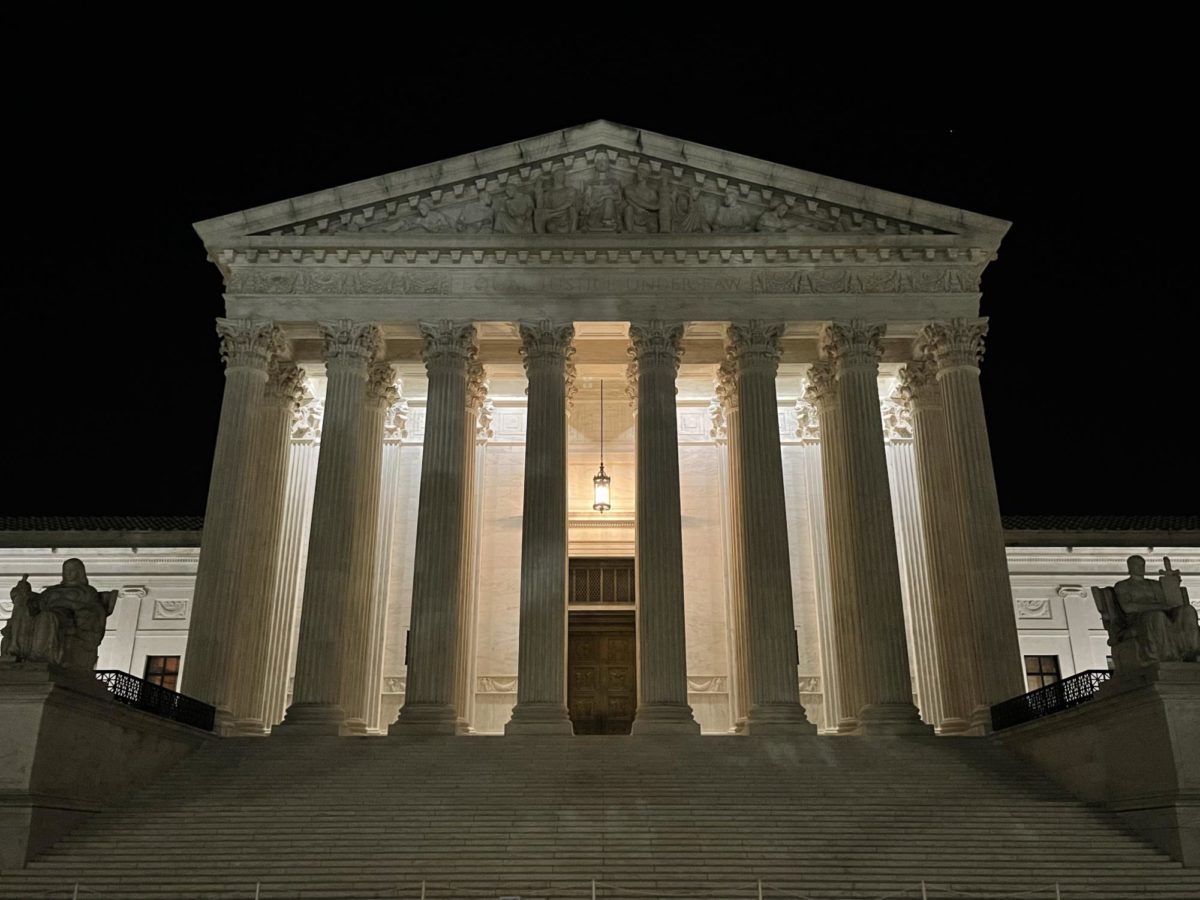
The Supreme Court reversed its position on affirmative action on Jun. 29, ruling that the affirmative action policies of Harvard University and University of North Carolina were unconstitutional under the Equal Protection Clause of the 14th amendment. Tulane University has assembled a group of experts to inform its policy going forward, according to President Mike Fitts.
The Supreme Court based its decision on the fact that the schools’ affirmative action policies disadvantaged certain students, and lacked “meaningful end points,” according to a report from the Congressional Research Service.
According to the majority’s opinion, college admission programs may still consider an applicant’s race in the discussion of their personal experiences with discrimination or otherwise, but cannot use race itself as a deciding factor.
“The student must be treated based on [their] experiences as an individual – not on the basis of race,” according to the majority opinion.
Tulane’s admissions process included affirmative action programs for both higher education and employment. Fitts circulated a statement to the Tulane community when the decision was announced but the university has not explicitly detailed ways the admissions process will change following the new regulations.
Tulane will “continue to welcome and support students, faculty and staff from the widest range of cultural and educational backgrounds,” Fitts said in the email. “Experts from across the university [have] been meeting regularly and that their efforts will inform our practices to ensure we continue to attract the best and brightest students.”
“Tulane’s admission criteria and processes are tailored accordingly to comply with the law,” Valencia Jones, Tulane Admissions Director of Diversity Initiatives, said. “We practice a holistic, individualistic, and contextual review to evaluate multiple, intersecting factors-academic, non-academic.”


